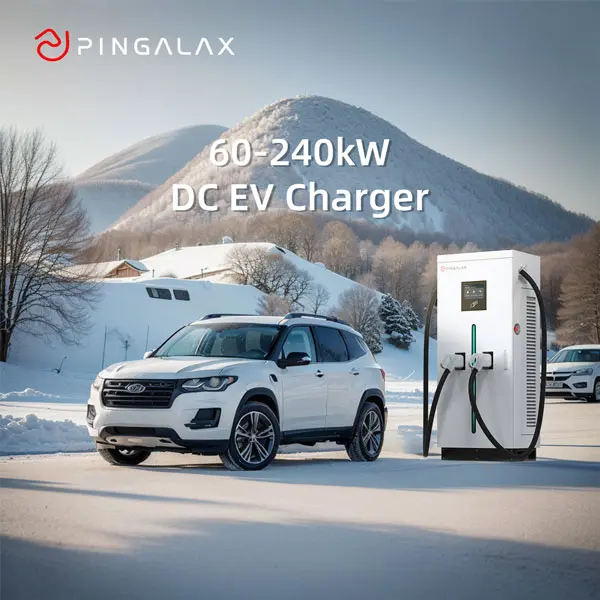Industry newsMay 20,2025By:
**Why Rural Areas Need More EV Car Charging Stations**
The transition to electric vehicles (EVs) is a critical step in reducing carbon emissions and combating climate change. However, while urban areas have seen rapid growth in EV charging infrastructure, rural regions often lag behind. Expanding EV charging stations in rural areas is essential for promoting equitable access to clean transportation, supporting local economies, and ensuring long-distance travel feasibility.
### **1. Encouraging EV Adoption in Rural Communities**
Many rural residents hesitate to switch to EVs due to "range anxiety"—the fear of running out of battery power without access to a charging station. Unlike cities, where charging points are plentiful, rural drivers may face long distances between stations, discouraging EV purchases. By installing more chargers in small towns and along highways, governments and businesses can boost confidence in EVs, helping rural communities participate in the green energy transition.
### **2. Supporting Tourism and Local Businesses**
Rural areas often rely on tourism, and the lack of charging infrastructure can deter EV drivers from visiting. Road trippers need reliable charging options to explore scenic routes, national parks, and small-town attractions. Installing chargers at rest stops, gas stations, and local businesses can attract more visitors, increasing revenue for rural economies. Additionally, charging stations can create new jobs in installation, maintenance, and hospitality.
### **3. Improving Transportation Equity**
Urban-centric EV infrastructure leaves rural residents at a disadvantage. Many rural Americans depend on personal vehicles due to limited public transportation. Without adequate charging options, they may be forced to stick with gas-powered cars, missing out on EV cost savings (lower fuel and maintenance expenses). Expanding charging networks ensures that rural populations are not left behind in the shift to sustainable transportation.
### **4. Facilitating Long-Distance Travel**
While most EV charging happens at home, rural drivers often travel longer distances for work, healthcare, or family visits. A sparse charging network makes these trips stressful or impractical. Strategic placement of fast chargers along rural highways would enable seamless cross-country travel, making EVs a viable option for all drivers.
### **Conclusion**
Investing in rural EV charging infrastructure is a win for the environment, local economies, and transportation equity. Governments and private companies must prioritize expanding charging access to underserved areas, ensuring that the benefits of electric vehicles reach every community. By doing so, we can accelerate the transition to a cleaner, more sustainable future for all.

Check out Pingalax!